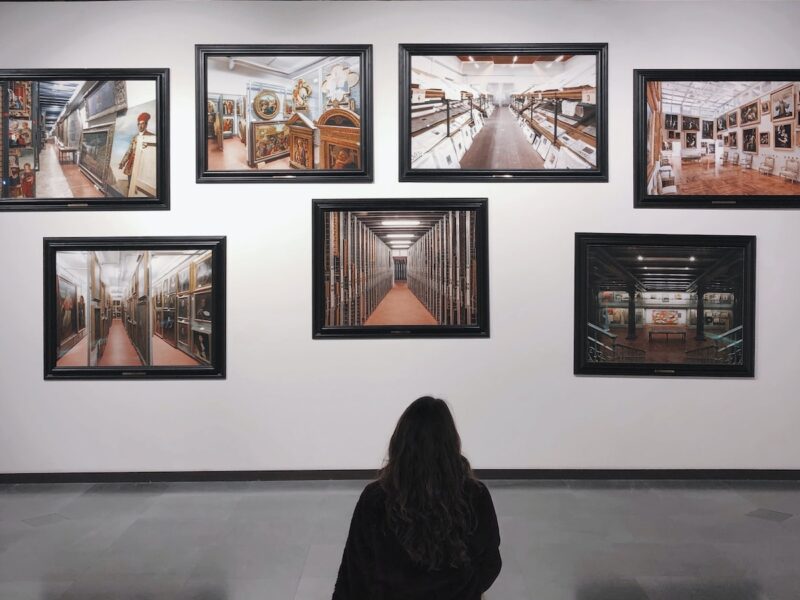 Tonight much of America will tune in to watch the third and final Presidential debate (you can stream it here), and once again the country will see the stark contrast between its political parties. With the spotlight on foreign policy, these differences will finally escape the religious context that has been so central to the contest thus far, revealing deep divisions in the national perspective on such critical issues as Chinese monetary policy, Israeli military policy, and the role of the American military as a global peacekeeper.
Tonight much of America will tune in to watch the third and final Presidential debate (you can stream it here), and once again the country will see the stark contrast between its political parties. With the spotlight on foreign policy, these differences will finally escape the religious context that has been so central to the contest thus far, revealing deep divisions in the national perspective on such critical issues as Chinese monetary policy, Israeli military policy, and the role of the American military as a global peacekeeper.
This is unfortunate. America’s greatest challenge as a superpower is that the democratic process lends itself to acrimony. Parties have to differentiate themselves on ideology and policy in order to win votes, and today, with the media more of an active participant in politics than an objective observer, that acrimony has become a national epidemic.
But as so often happens, the solution is implicit in the problem. On college campuses across the country, more and more students are participating in tech-driven, peer-to-peer tutoring services. These services connect students who excel in an area with others who need help in that area, and they promote idea sharing and discourse. In the vein of a social network like Linkedin or facebook, these knowledge-sharing networks make education far more collaborative.
Some school administrators fear that knowledge-sharing may tempt some students to cheat, but that shouldn’t detract from the objective value of these services. After all, libraries tempt some students to cheat as well, but it’s unlikely that a college or university would shut down its library because of that.
Peer-to-peer tutoring services fill a pragmatic educational need, allowing students to connect with quality tutors, who will help them to understand the subjects they are studying. When it comes to writing papers, these services substantially enhance the educational experience by bringing a much larger and more varied collection of perspectives into the process of researching, preparing, and writing an essay.
One must remember that at the core of higher education is the goal of introducing students – and through generations of students the population as a whole – to broader and more inclusive perspectives. By understanding the world we live in, by studying and gaining insight into the varied belief systems, philosophies, and social mechanisms that have made the world (and not just the Western world) what it is today, successive generations of students should become better global citizens.
Most of us are exposed to the news every time we open an Internet browser or turn on the radio, and in the frenzy of an election that news seems to be getting more disappointing and divisive every day. Perhaps, however, social networking in general, and academic networking specifically, will help to promote more balanced perspectives and less entrenched disagreement in the future.


